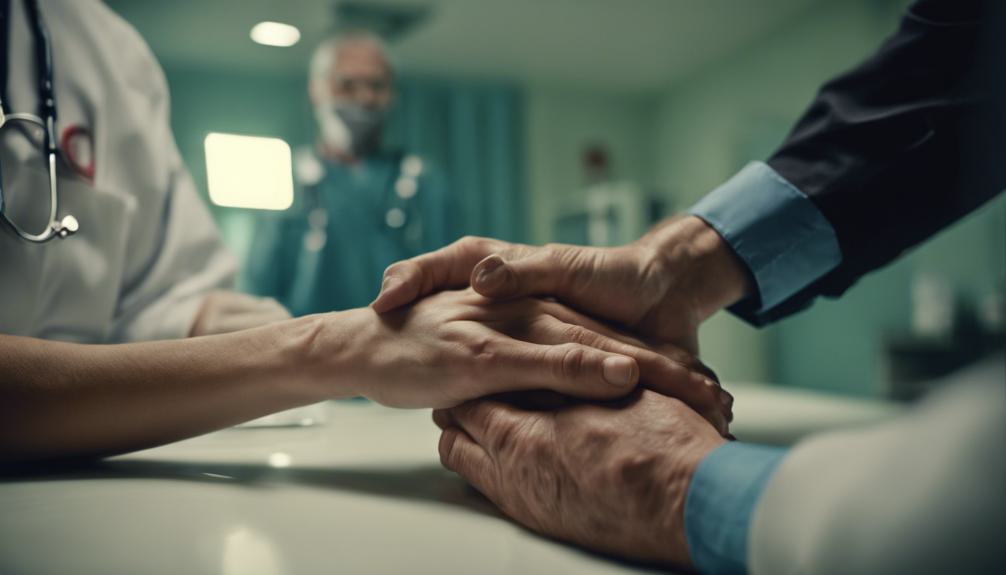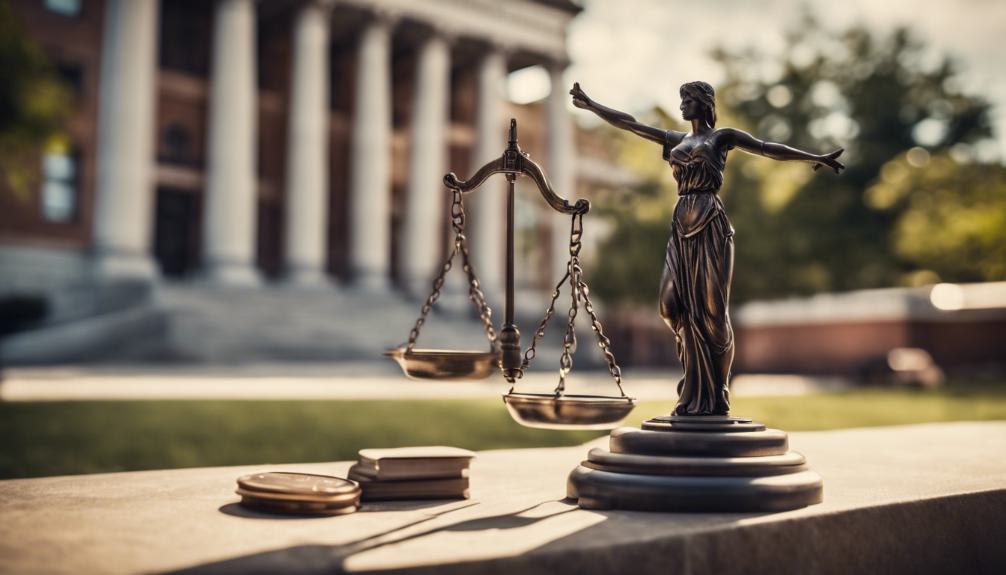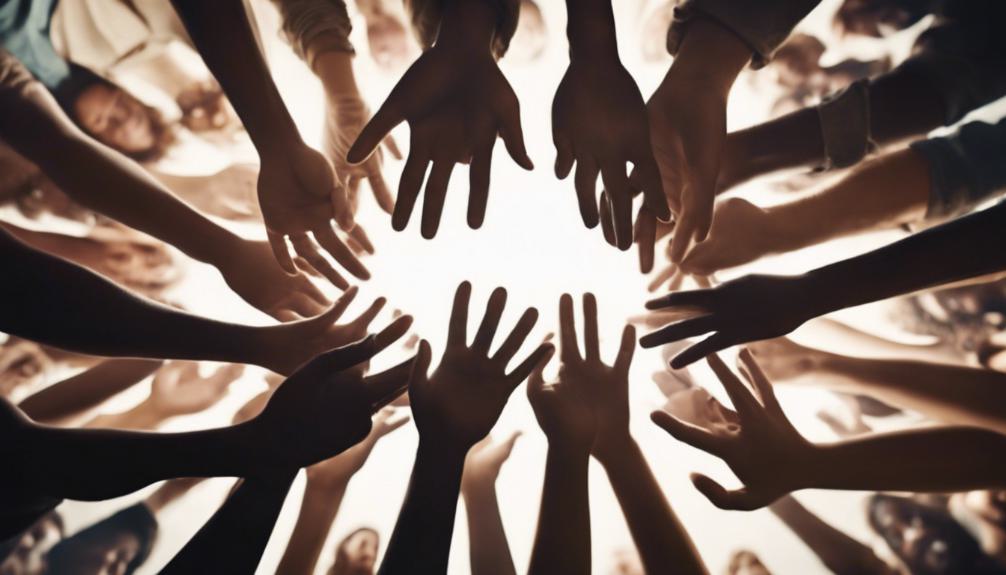How Should I Report Sexual Assault Or Child Sexual Abuse?
To report sexual assault or child sexual abuse, contacting law enforcement immediately is vital. This essential step not only facilitates the preservation of evidence but also guarantees access to thorough support and resources from various agencies. Simultaneously, seeking medical attention is paramount for the victim's physical and emotional well-being, offering an avenue for evidence collection and necessary medical care without mandating immediate legal action. Victims are encouraged to preserve any potential evidence and consider legal support to navigate the complexities of the judicial system effectively. Engaging with professional counseling services further aids in the healing process, offering personalized strategies for recovery. By taking these steps, survivors initiate a path towards healing, protection, and potential legal resolution, each aspect paving the way for a deeper exploration of options available for support and justice.

Immediate Actions

Upon experiencing or becoming aware of a sexual assault or child sexual abuse, it is essential to contact law enforcement as the first step in seeking justice and ensuring personal safety. Reporting the crime immediately can be pivotal in preserving evidence and facilitating the investigation process. Law enforcement agencies are equipped to handle such sensitive cases with discretion and professionalism, guiding survivors through the initial stages of the legal system. Additionally, involving the police opens the door to accessing further support and resources, including legal advice and counseling services. It is important to understand that reporting to the authorities does not obligate one to proceed with legal action; however, it is a crucial step in protecting oneself and potentially others from future harm.
Medical Attention

Seeking immediate medical attention is an essential step for survivors of sexual assault or child sexual abuse, as it guarantees both physical well-being and the preservation of valuable forensic evidence. This immediate action ensures that survivors receive necessary medical care, including treatment for physical injuries, prevention of sexually transmitted infections (STIs), and access to emergency contraception. Additionally, healthcare professionals can provide psychological support and connect survivors with counseling services to begin addressing the emotional trauma. It's important to stress that seeking medical attention does not obligate a survivor to report the crime to law enforcement, but it does offer a safe space for physical and emotional healing to commence. Victims are encouraged to prioritize their health and safety by seeking medical care as soon as possible following an assault.
Preserving Evidence

After a sexual assault, preserving evidence is a crucial step in building a strong legal case against the perpetrator. It's imperative to avoid washing, disposing of, or altering clothing, linens, or any objects that might hold the offender's DNA or other critical information. If there are any physical remnants of the assault, such as fluids, fibers, or hair, these should be carefully collected and saved. Additionally, documenting injuries with photographs or medical reports can serve as powerful evidence. Text messages, emails, or any digital communication related to the incident should be preserved. It's vital not to underestimate the value of any piece of evidence, no matter how insignificant it may seem, as it could be pivotal in legal proceedings.
Legal Support

Traversing the complexities of the legal system following a sexual assault or child sexual abuse case often requires the support of experienced legal professionals. Legal advocates are instrumental in guiding survivors through the maze of legal options, ensuring that all evidence is meticulously gathered and preserved. They play an essential role in maneuvering the intricate legal procedures that might otherwise overwhelm individuals already coping with trauma. By securing skilled legal representation, survivors can greatly enhance their chances of achieving a successful outcome. Lawyers not only protect their clients' rights and interests throughout the process but also offer important advice on the most effective strategies for presenting their case, thereby ensuring that survivors' voices are heard and justice is pursued with due diligence.
Seeking Counseling

For survivors of sexual assault or child sexual abuse, accessing professional counseling services is a critical step towards healing and recovery. Counseling provides a safe and confidential environment where survivors can express their feelings, work through trauma, and begin to rebuild their lives. Professional counselors, trained in trauma-informed care, offer strategies for coping with the emotional aftermath of abuse. They help survivors navigate their complex emotions, including fear, anger, and sadness, while also empowering them to regain a sense of control over their lives. Additionally, counseling can play a pivotal role in addressing any mental health challenges, such as PTSD, anxiety, and depression, that often accompany such traumatic experiences. Engaging in therapy is a powerful act of self-care that supports long-term healing and resilience.
Understanding Legal Proceedings

Understanding the legal system can be a complex and intimidating process for survivors of sexual assault or child sexual abuse. Moving through legal proceedings involves grasping various aspects, such as the distinctions between criminal and civil cases, the importance of evidence, and the significance of statutes of limitations. Survivors may need to testify in court, which can be a challenging prospect. Legal professionals play an essential role in guiding survivors through this process, ensuring that their rights are protected and that they understand each step. The goal of legal proceedings in such cases is not only to hold the perpetrator accountable but also to provide a sense of justice and closure to the survivor. It's essential for survivors to be prepared for the legal journey ahead, with a clear understanding of their rights and the legal landscape.
Building Support Networks

While maneuvering through the complexities of legal proceedings, survivors of sexual assault or child sexual abuse also benefit greatly from establishing a strong support network. This network can include friends, family, and professionals who understand the intricacies of the survivor's experience. Engagement with support groups and advocacy organizations can provide a sense of community and empowerment, offering resources that cater specifically to the needs of survivors. Counseling and therapy services, often available through these organizations, play a critical role in providing emotional support and coping strategies. Additionally, connecting with legal professionals who are versed in handling such sensitive cases can offer reassurance and guidance, ensuring that survivors are not exploring the legal landscape alone. This all-encompassing support network is invaluable, fostering a supportive environment essential for healing and resilience.
Navigating Recovery

Traversing recovery from sexual assault or child sexual abuse represents a profound and personal journey toward healing. Each survivor's path is distinct, shaped by individual experiences and coping mechanisms. The process often involves confronting emotional and psychological challenges, requiring patience, resilience, and support. Engaging with professional counseling or therapy can be instrumental in maneuvering these complexities, offering survivors specialized guidance and a safe space to process their trauma. Additionally, joining support groups connects individuals with peers who share similar experiences, fostering a community of understanding and empathy. It's vital for survivors to prioritize self-care, setting boundaries, and seeking activities that promote well-being. Recovery is not linear, and setbacks are part of the journey, but with the right support and resources, healing and empowerment are achievable.

This post has been generated by AI and was not reviewed by editors. This is Not legal advice. Please consult with an attorney.




